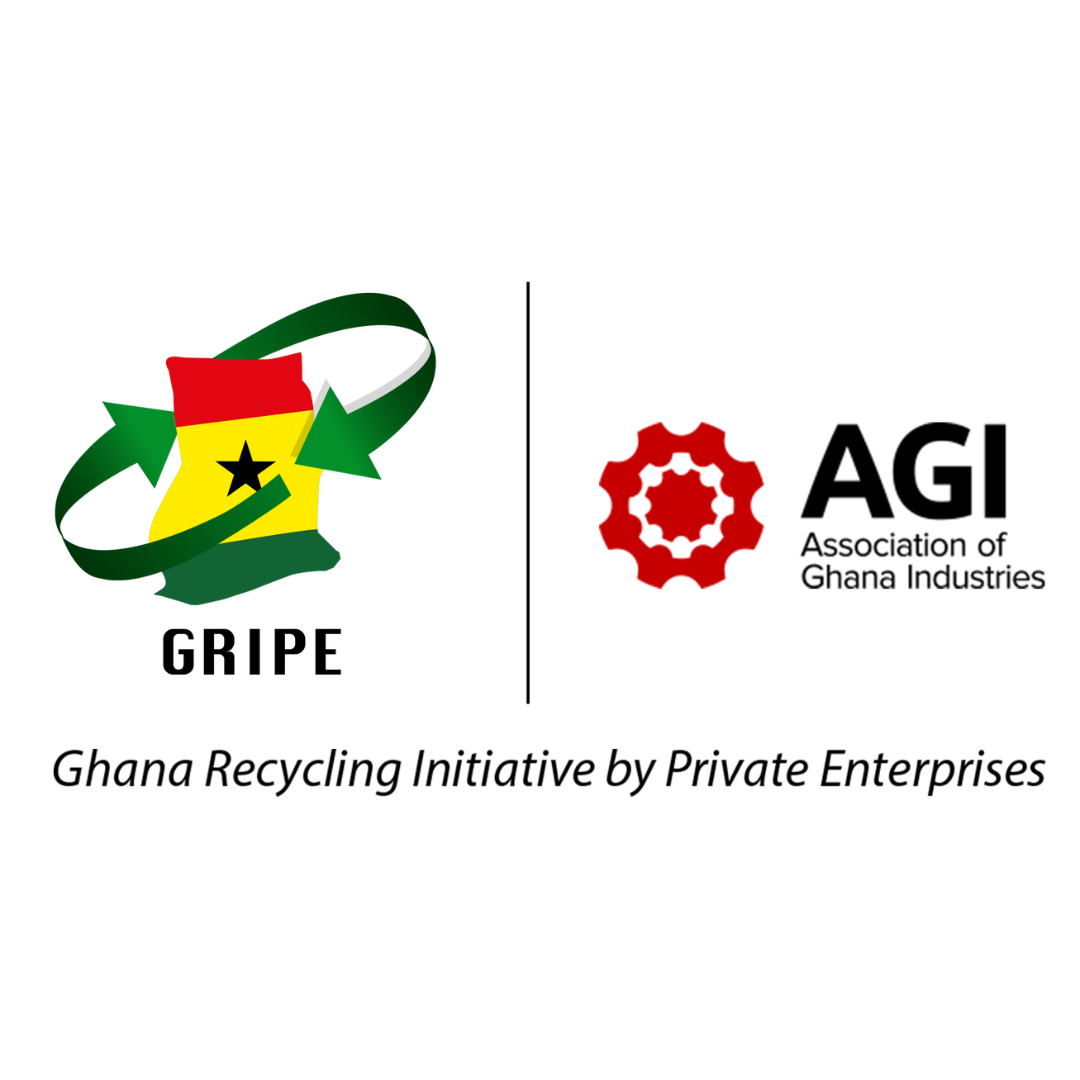Source: GNA
The Association of Ghana Industries (AGI) under its Ghana Recycling Initiative by Private Enterprises (GRIPE) is to roll out an initiative aim at modifying plastic wastes into concrete materials for construction purposes.
The initiative which is expected to kick off in August this year would involve the formation of concrete materials from plastic waste to help address the waste menace.
The use of plastic concretes for building projects like housing facilities make it lighter in weight and increases the resistance of cracking in times of earthquakes, increases in shelf life, and a cooler room temperature.
Already, the AGI is working in partnership with the Government to build a five-seater unit toilet facility as a pilot project from the first plastic concretes to be produced.
The facility to be built in Kumasi in collaboration with Council for Scientific and Industrial Research-Building and Road Research Institute (CSIR-BRRI), would help in supporting the government’s one million toilet facility project currently ongoing in the country.
It is also expected that by October, the standard that would enable the scaling up of the plastic concrete would be ready.
About 3,000 tonnes of plastic waste is generated daily in the country, contributing to making Ghana the seventh dirtiest country in the world.
At the media launch of the modified concrete pilot kicked-off on Wednesday in Accra, Mr Seth Twum-Akwaboah, Chief Executive Officer of AGI said the initiative was the Association’s solution to the plastic waste issue that had been engulfing the nation for a long time.
He said after the many consultations among plastic manufacturers and users over the years, members of the AGI, who were mostly in the private sector, formed the GRIPE, to find ways of recycling plastic waste instead of the initially proposed ban on plastic.
Mr Twum-Akwaboah said the AGI was collaborating with the Ghana Standards Authority (GSA), the CSIR-BRRI, the Ministry of Sanitation and Water Resources, and that of Environment, Science, Technology, and Innovation, to implement the plastic concrete initiative.
He expressed the hope that all stakeholders including government ministries and agencies would support the AGI in its initiative to help rid the country of filth.
Mr John Pwamang, Deputy Executive Director in charge of Operations at the Environmental Protection Agency, commended AGI for coming out with such a laudable initiative that would help the country address the plastic menace.
He said many consultations over plastic waste management had proven that banning plastics in Ghana was not realistic because of its socio-economic benefits but rather finding a proper way of disposing of them was a better option.
Ms. Adwoa Coleman, a Representative of Dow Chemical Africa, said the membership of GRIPE made up of Guinness Ghana, Fan Milk Limited, Dow Chemical West Africa Limited, Nestle Ghana, Unilever Ghana, PZ Cussons, Voltic, and the Coca-Cola Bottling of Ghana Limited, decided to come together to find more sustainable ways of handling plastic waste.
She said the process of the initiative that started in November 2017, by the formation of GRIPE would involve data and research analysis, education awareness, solution implementation, and multi-stakeholder collaboration.
She explained that GRIPE would in consultation with the Government, mount up an awareness programme that would have an impact on behavioural change among the public and encourage people to adopt a better way of disposing of their waste through segregation while using plastic concrete for their building projects.
Ms Heather Troutman, the Lead Consultant with EAP Consult, said the use of plastic waste in recycling into concrete blocks had been used since the 1923’s in many countries of the world, including London and in Brazil as a means of sustainable development and job creation.
She said out of the 3,000 tonnes of plastic generated daily in Ghana, less than 20 percent was collected, out of which less than two percent was recycled currently.
Ms Troutman, therefore, urged all Ghanaians to support the GRIPE initiative to help create recycling opportunities, jobs, recover valuable resources, and preserve the virgin materials and the natural environment in helping contribute to a clean and sustainable Ghana.

